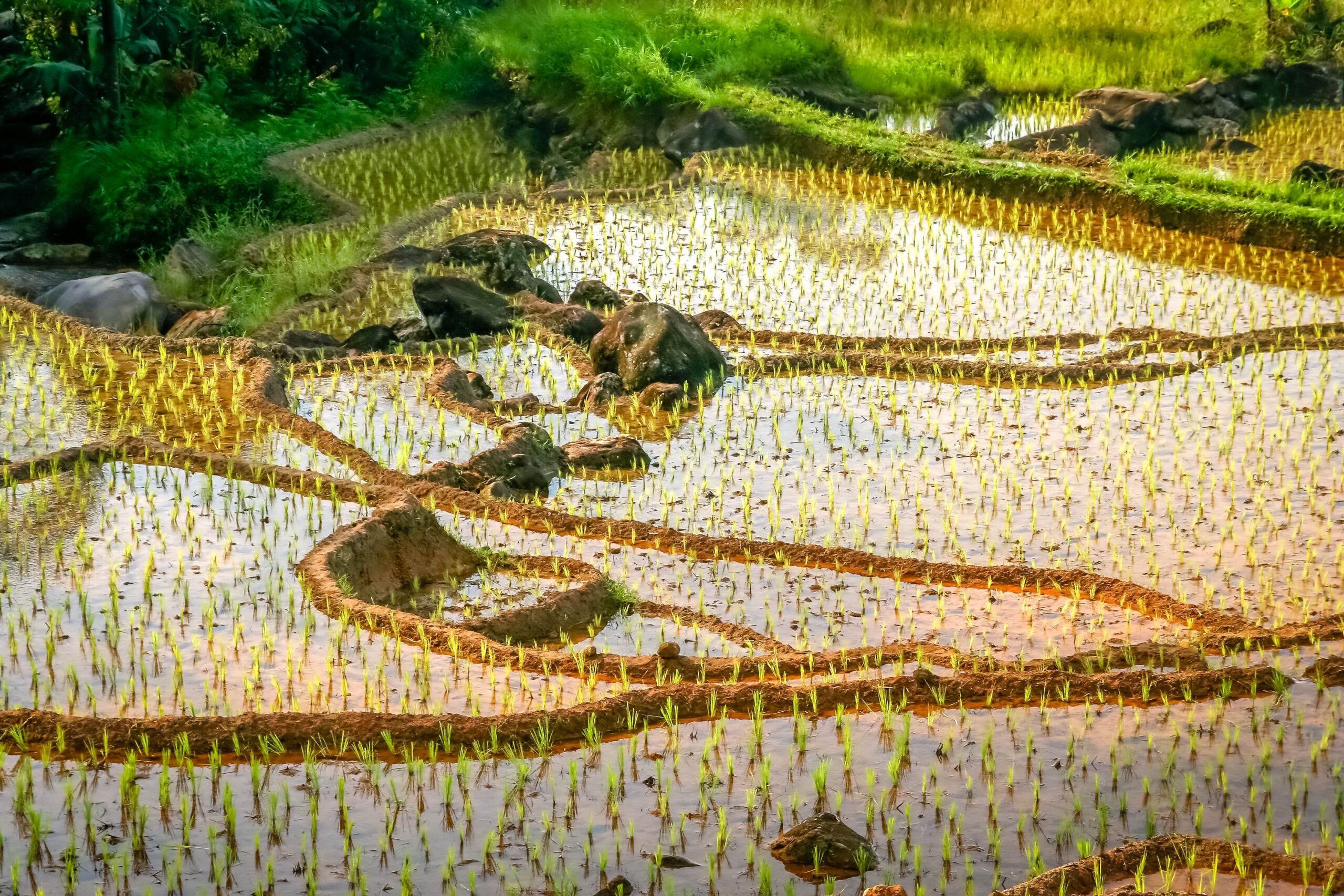Our rapidly expanding global population is proving one of the greatest challenges to establishing sustainable, long-term solutions throughout an array of industries. Resource depletion and land management are top of the list when considering how to juggle population expansion with sustainable development, and with the population expected to reach 9.7bn by 2050, investing in innovative technologies to meet this conundrum is a necessity investors are paying close attention to. In particular, With the global population only expected to expand, finding ways of boosting the agricultural industry’s resilience – most urgently in developing countries – is crucial.
A region of special interest in agritech’s future is the Asia-Pacific. The area is the world’s largest agricultural producer (with output valued at $2,783 billion in 2017), and is the region anticipated to record the highest global growth in agriculture. As such, investing in developing and strengthening their food systems is a wise way to ensure future food security, and a spate of recent investments show sights are set on making this industry robust in the face of global expansion.
The growing tide of investment
While the Asia-Pacific’s agricultural industry is significant – a fifth of the region’s total workforce is employed in this sector, and over half of land in the area is given over to it – agricultural producers are also reporting weaker foreign trade performance. While imports of food are rising to meet the growing demand, exports are stagnating. With a 2019 report from PwC, Rabobank and Singaporean state investment firm Temasek stating food production in the area is set to see further challenges from climate change – reducing available arable land and impacting crop yields – finding a way to allow region’s industry to keep up with its rapid urbanisation is crucial.
According to the report, new technologies must be deployed “to increase yields, reduce the environmental impact of farming, improve the safety, traceability and nutritional value of food, reduce waste, shorten the supply chain and bring food to consumers in their increasingly urban settings.”
Over the last few years, a host of startups have sprung up with these goals in mind – bringing agritech to the cusp of breaking through to commercialisation in the Asia-Pacific. The tech has historically not yet been made economically viable, but given the rising investor interest, there is hope that this is set to change.
Just last week Japfa Feeds the Future – a global startup established in February 2019 with the aim of enhancing protein production, food resilience and agricultural sustainability in Asia – announced the five winners of its project funding competition.
The winners of the funded pilot schemes include tech startups Beakbook, Rakr and Sea Warden – based in the UK, Canada and US respectively. Each company harnesses data and analytics technology to reduce waste and improve efficiency, with Beakbook working in the poultry industry, Rakr focussing on helping farmers reduce operational costs, and Sea Warden using satellite observation to advance transparency in the seafood supply chain.
Under the new scheme, these projects will be developed and – hopefully – rolled out across Asian markets.
“We chose the winners based on the strategic fit and impact of the solution proposed on Japfa’s business; the quality and expertise of the team; and the technology, its ease of adoption, and its ability to deliver operational outcomes,” said Japfa CEO Tan Yong Nang. “We are happy with the outcome of Japfa Feeds the Future as we strongly believe that, by helping startups to grow their ideas into viable solutions, we can advance the agrifood industry and feed millions of people in emerging Asia with essential proteins.”
The road ahead
Japfa is not the only company that has identified the Asia-Pacific as an untapped resource for technological expansion.
Indonesian E-grocer HappyFresh received $65 million for national expansion last week, while fisheries e-commerce startup Aruna secured $35 million in what the company says is the largest Series A investment in Indonesia’s agritech and maritime sector to date.
In other news, an $86.7m agrifood-tech fund was launched in collaboration between South Korean conglomerate SK Group and Chinese foodservice giant Joyvio – with the groups expected to invest in areas such as alt-protein and ‘vertical farming’, while Indian Produce platform Vegrow raised $13m in series A funding.
With the Asia Pacific agritech scene attracting millions in investments and a ramp-up in technological solution deployment, change is in the air and the industry looks set to flourish. However, important to note is the need for humanitarian and social aspects of the sector to be considered alongside environmental ones. A UN summit on food security that was hosted last week was boycotted by grassroots organisations representing small scale farmers and indigenous groups, over what they said was a lack of importance placed on human rights when planning the agricultural systems of the future.
In the summit, governments from around the world announced the forming of coalitions to target and adapt current food production and consumption methods – with a particular focus on developing novel technologies to improve food security and sustainability. Participating countries include Nigeria, Switzerland, Antigua, France – to name only a few.
The announcement came hot on the heels of the UN’s latest annual report on food security and nutrition, which found that in 2019 around 3 billion people — more than one in three — couldn’t afford healthy diets.
If deployed properly, the agritech industry has the potential to not only improve health in the region, but also boost economies, improve sustainability initiatives and help bolster the food industry against shocks. As technology and regulatory changes will roll in along with investments, the agricultural sector may be set to face disruptions, but they will be disruptions that hopefully pave the way for a stronger, more resilient industry whose market value will only increase.






